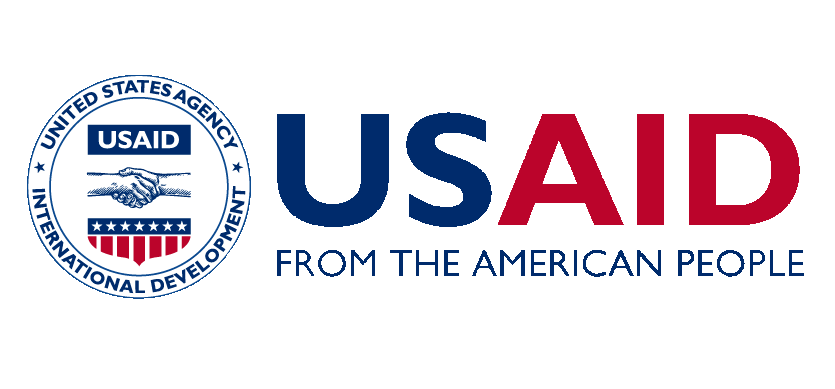Population, Health and Environment (PHE) Community-Based Distribution and Peer Education System: A Guide for Training PHE Adult Peer Educators
This training guide was developed to train PHE Adult Peer Educators (PEs) who work on integrated PHE activities.


